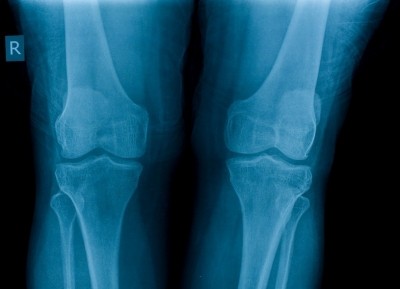Meat-packed Western diets raise the risk of Alzheimer’s

The riskiest factors of the Western diet are meat, eggs and high-fat dairy, Dr William Grant of the Sunlight, Nutrition and Health Research Center, California said.
“Mounting evidence from ecological and observational studies, as well as studies of mechanisms, indicates that the Western dietary pattern—especially the large amount of meat in that diet—is strongly associated with risk of developing Alzheimer’s disease (AD) and several other chronic diseases,” Dr Grant said.
The study
Grant’s findings are the result of a literature review as well as a new ecological study of AD prevalence in 10 countries; Brazil, Chile, Cuba, Egypt, India, Mongolia, Nigeria, Republic of Korea, Sri Lanka and the US.
He also used dietary supply data from five, 10 and 15 years before the prevalence data. Dietary supply of meat and animal products (excluding milk) five years before AD prevalence has the highest correlation.
“The mechanisms linking dietary risk factors to AD are fairly well known and include increased oxidative stress from metal ions such as copper as well as from advanced glycation end products associated with high-temperature cooking, increased homocysteine concentrations, and cholesterol and its effects on amyloid beta, insulin resistance, and obesity,” Grant said.
“Thus, reducing meat consumption could significantly reduce the risk of AD as well as of several cancers, diabetes mellitus type 2, stroke, and, likely, chronic kidney disease.”
Mitigating the risk
Individuals with a higher vitamin D status were found to have AD risk mitigated.
Keeping blood plasma levels of vitamin D (25-hydroxyvitamin D) above 75 nanomolar/litre would be protective against the disease, Grant noted.
Eating high amounts of grains, fruits, vegetables and fish is also associated with lower chances of developing AD, though Grant noted these foods still cannot counter the negative effects of meat, eggs and fatty dairy products.
The study follows another recent University of Liverpool paper, suggesting fruit and vegetable consumption could help prevent AD.
The proof is in the eating
You need only look to populations’ AD risk and typical diets to see a link with AD and the Western diet, according to Grant.
“Although the traditional Mediterranean diet is associated with about half the risk for AD of the Western diet, the traditional diets of countries such as India, Japan, and Nigeria, with very low meat consumption, are associated with an additional 50% reduction in risk of AD.”
Some of these countries are now seeing more people switching to a Western diet, however, and as a result AD figures are rising.
“For example, when Japan made the nutrition transition from the traditional Japanese diet to the Western diet, Alzheimer’s disease rates rose from 1% in 1985 to 7% in 2008, with rates lagging the nutrition transition by 20-25 years."
US residents – who have big tendencies towards the meat-filled Western diet – have a massive 4% chance of developing AD, which is likely at least partly due to eating habits, he added.
Mid-life crisis
Many AD risk factors become apparent in mid-life. Grant cited a recent study using positron emission tomography to find that AD changes in the brain can be observed 17 years prior to the first symptoms.
“Thus, dietary changes to reduce risk of AD should begin in midlife,” he said.
Limiting consumption of red and processed meats, preparing meat, poultry and fish by baking, broiling or poaching rather than frying or charbroiling and eating more fruit, veg and other low-calorie foods were all among Dr Grants top tips for lowering AD risk.
“Lowering meat consumption would also help to achieve environmental sustainability,” he added.
Source: Journal of the American College of Nutrition
Published online ahead of print, doi.org/10.1080/07315724.2016.1161566
“Using Multicountry Ecological and Observational Studies to Determine Dietary Risk Factors for Alzheimer's Disease”
Author: William B Grant























